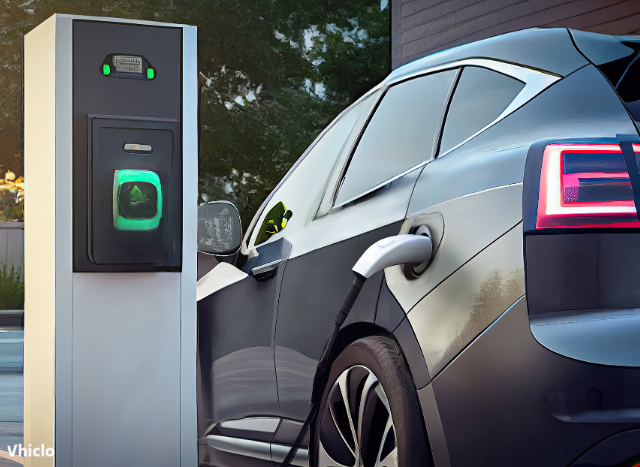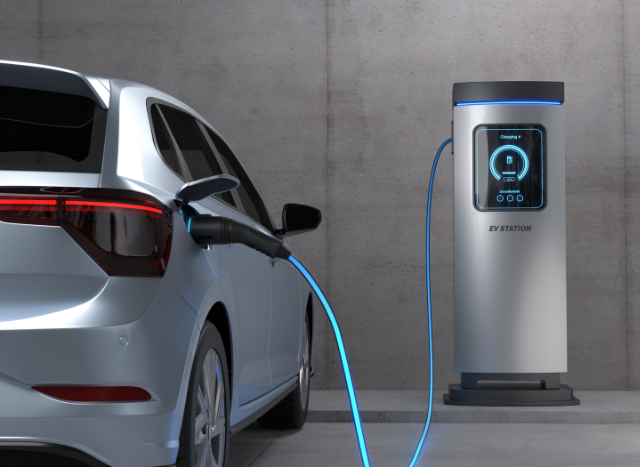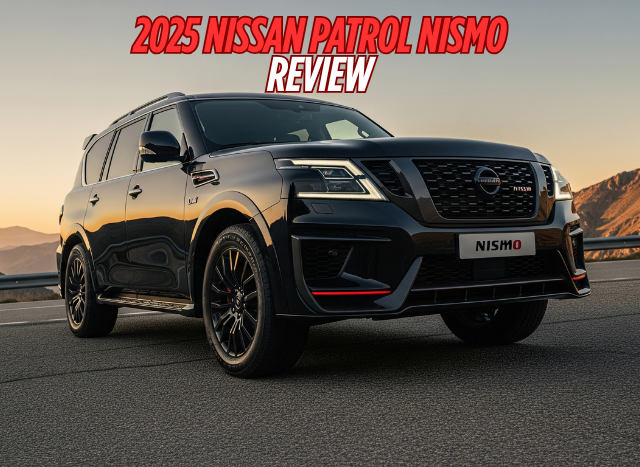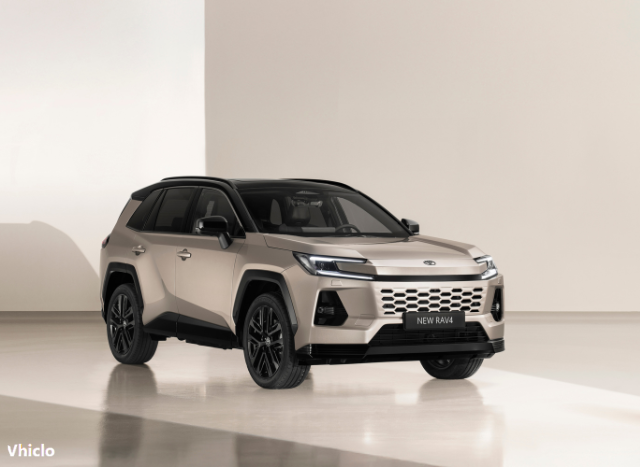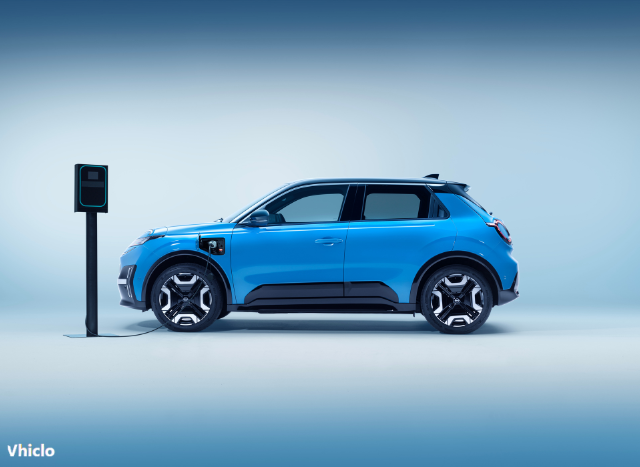As electric vehicles (EVs) become more mainstream, automakers are ramping up production of affordable options that combine practicality, range, and comfort, without the luxury price tag. Whether you’re a first-time EV buyer or simply want a budget-friendly electric ride, the 2025 model year brings plenty of solid choices.
Below, we’ve ranked the 10 cheapest EVs currently on sale in the U.S., based on starting MSRP (manufacturer’s suggested retail price), from lowest to highest. While tax credits can reduce final costs, this list uses pre-incentive pricing to help you compare base value across the board.
Contents
- 1 EV Price and Range Comparison at a Glance
- 2 1. 2025 Nissan LEAF — Starting at $28,140
- 3 2. 2025 Hyundai Kona Electric — Starting at $32,975
- 4 3. 2025 Toyota bZ4X — Starting at $37,070
- 5 4. 2025 Hyundai IONIQ 6 — Starting at $37,850
- 6 5. 2025 Subaru Solterra — Starting at $38,495
- 7 6. 2025 KIA Niro EV — Starting at $39,600
- 8 7. 2025 Volkswagen ID.4 — Starting at $39,753
- 9 8. 2025 Nissan ARIYA — Starting at $39,770
- 10 9. 2025 Ford Mustang Mach-E — Starting at $39,995
- 11 10. 2025 Chevrolet Equinox EV — Starting at $41,900
- 12 Buying Tips for First-Time EV Shoppers
- 13 Which Budget EV Should You Choose?
EV Price and Range Comparison at a Glance
| Rank | Model | Starting MSRP | Est. Range (mi) | Tax Credit Eligible |
|---|---|---|---|---|
| 1 | Nissan LEAF | $28,140 | 149–212 | ❌ |
| 2 | Hyundai Kona Electric | $32,975 | Up to 261 | ❌ |
| 3 | Toyota bZ4X | $37,070 | Up to 252 | ❌ |
| 4 | Hyundai IONIQ 6 | $37,850 | Up to 361 | ❌ |
| 5 | Subaru Solterra | $38,495 | Up to 228 | ❌ |
| 6 | KIA Niro EV | $39,600 | Up to 253 | ❌ |
| 7 | Volkswagen ID.4 | $39,753 | Up to 275 | ❌ |
| 8 | Nissan ARIYA | $39,770 | Up to 304 | ❌ |
| 9 | Ford Mustang Mach-E | $39,995 | 250–312 | ❌ |
| 10 | Chevrolet Equinox EV | $41,900 | Up to 319 | ✅ Up to $7,500 |
1. 2025 Nissan LEAF — Starting at $28,140
Still the most affordable EV in the U.S., the Nissan LEAF offers a no-nonsense electric driving experience for those on a tight budget.
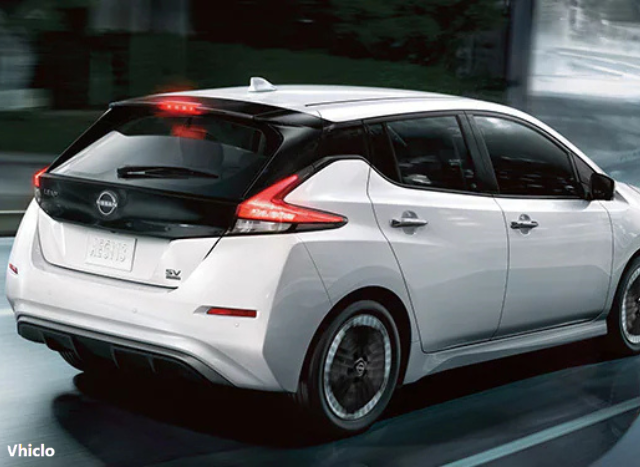
Pros
✔ Lowest starting price
✔ Comfortable front seats
✔ Simple, reliable operation
Cons
✘ Outdated CHAdeMO charging port
✘ Lower range than rivals
✘ Rear seats don’t fold flat
2. 2025 Hyundai Kona Electric — Starting at $32,975
The redesigned Kona Electric brings more style, space, and range, making it one of the strongest value picks in the compact EV market.
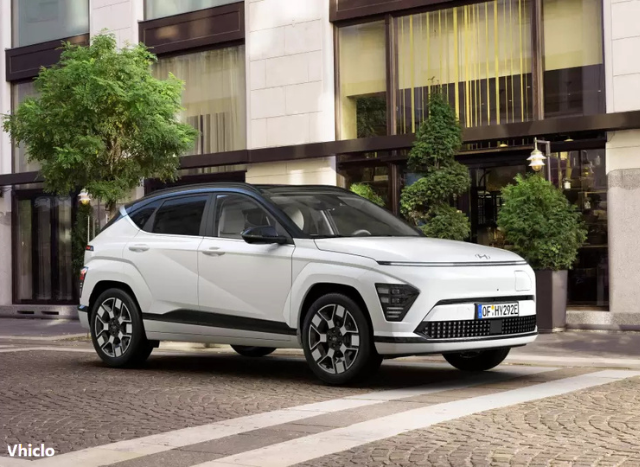
Pros
✔ Up to 261 miles of range
✔ Spacious cabin for its class
✔ Industry-leading warranty
Cons
✘ Entry trim underwhelms
✘ Sluggish acceleration
✘ Slower DC fast charging speeds
3. 2025 Toyota bZ4X — Starting at $37,070
Toyota’s all-electric SUV balances comfort and technology with everyday practicality. It’s available in both FWD and AWD variants.
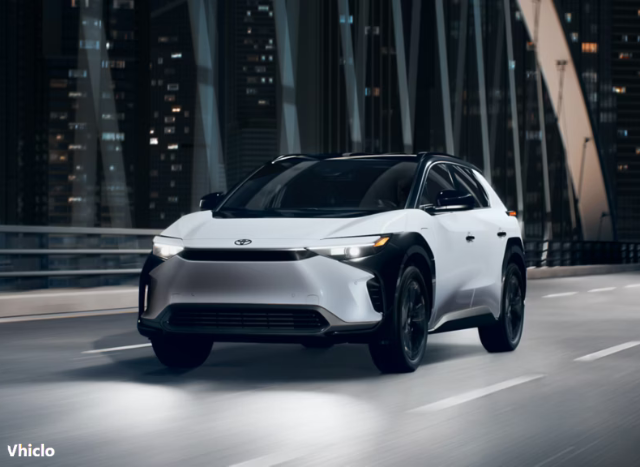
Pros
✔ Solid build quality
✔ Many standard safety features
✔ Smooth ride
Cons
✘ So-so range
✘ Slower charging
✘ Lackluster driving dynamics
4. 2025 Hyundai IONIQ 6 — Starting at $37,850
A sleek, future-forward electric sedan, the IONIQ 6 offers an impressive blend of performance, range, and cutting-edge design.
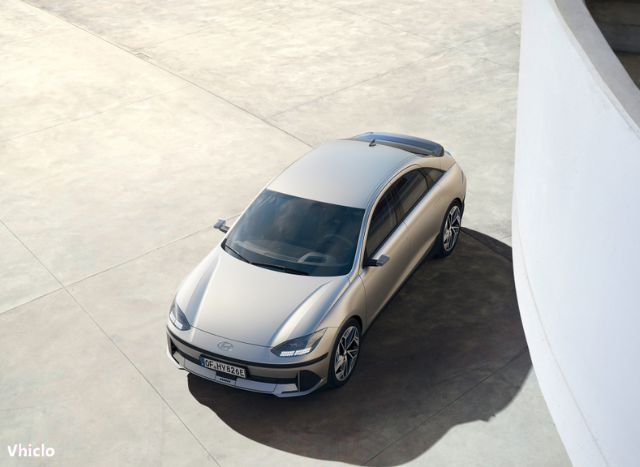
Pros
✔ Class-leading range (up to 361 miles)
✔ Fast charging support
✔ Modern, well-built cabin
Cons
✘ Limited trunk space
✘ Tight rear headroom
✘ Rear visibility can be tricky
5. 2025 Subaru Solterra — Starting at $38,495
For drivers seeking an electric crossover with all-wheel drive and off-road capability, the Solterra is worth a look.
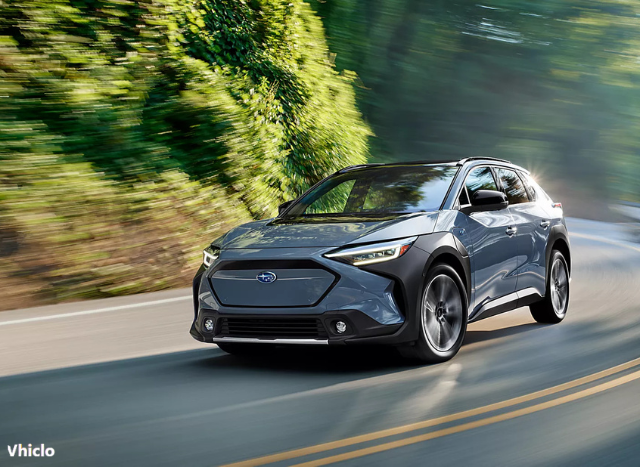
Pros
✔ Standard AWD
✔ Comfortable, capable ride
✔ High-tech cabin
Cons
✘ Lower range than most competitors
✘ Not especially fun to drive
✘ Slower charging speeds
6. 2025 KIA Niro EV — Starting at $39,600
The Niro EV blends a practical SUV shape with bold design and advanced tech. It’s a great all-rounder for city and highway use.
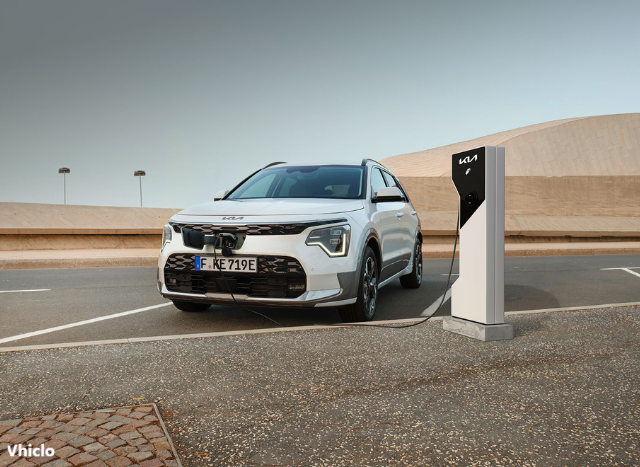
Pros
✔ Spacious interior and cargo area
✔ Dual-screen infotainment
✔ Excellent warranty
Cons
✘ FWD only — no AWD option
✘ Average charging speed
✘ Less engaging to drive
7. 2025 Volkswagen ID.4 — Starting at $39,753
Volkswagen’s ID.4 offers smooth driving, spacious comfort, and strong tech features — with a minimalist interior design.
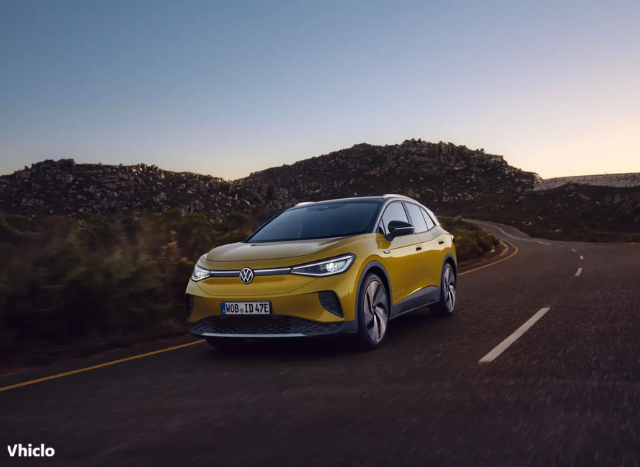
Pros
✔ Comfortable ride and decent range
✔ Lots of tech comes standard
✔ Eco-conscious materials
Cons
✘ Controls can be fiddly
✘ Not as sporty as some competitors
✘ Some lower-quality interior finishes
8. 2025 Nissan ARIYA — Starting at $39,770
With sleek styling and a tech-rich interior, the ARIYA is a standout for drivers looking for a modern electric crossover.
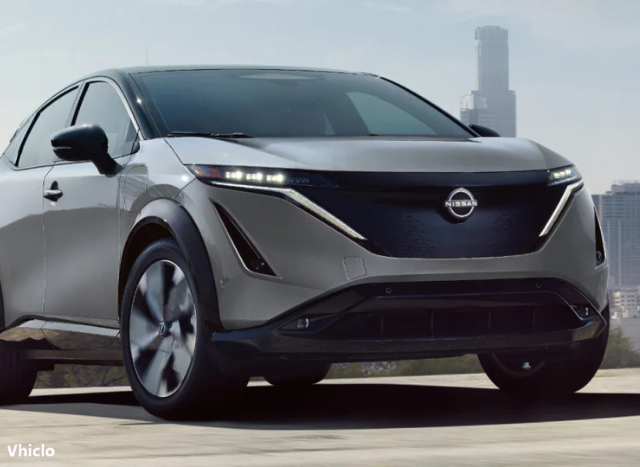
Pros
✔ Stylish exterior and cabin
✔ Optional AWD
✔ Standard driver assistance features
Cons
✘ No true one-pedal driving
✘ Slow charging
✘ Dated infotainment visuals
9. 2025 Ford Mustang Mach-E — Starting at $39,995
The Mustang Mach-E delivers thrilling acceleration and head-turning looks. It’s a sporty take on the electric SUV formula.
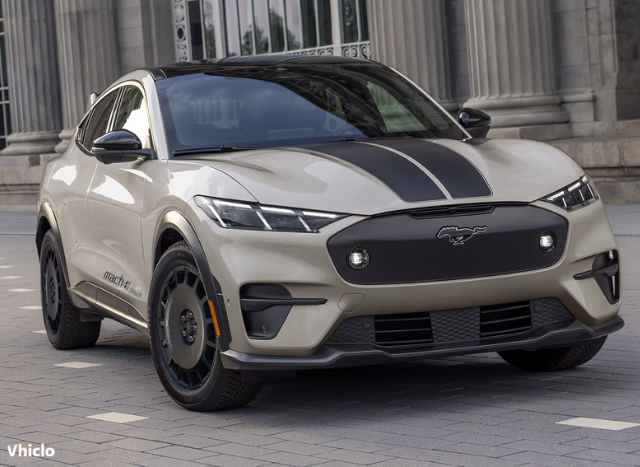
Pros
✔ Strong performance and handling
✔ Upscale interior
✔ Hands-free driving tech (BlueCruise)
Cons
✘ Limited seat adjustability
✘ Firm ride quality
✘ Slower charging than expected
10. 2025 Chevrolet Equinox EV — Starting at $41,900
Eligible for Federal Tax Credit: Up to $7,500
GM’s new Equinox EV is one of the most affordable long-range electric SUVs — especially when factoring in tax credits.
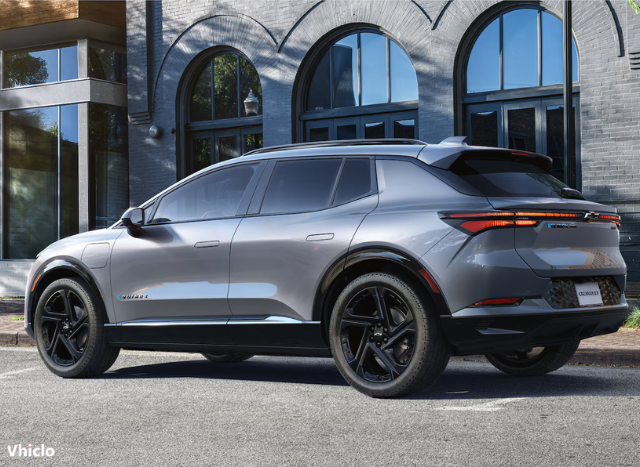
Pros
✔ Up to 319 miles of range
✔ Spacious interior
✔ Modern tech with digital cockpit
Cons
✘ No Apple CarPlay
✘ Modest acceleration
✘ Limited small-item storage
Buying Tips for First-Time EV Shoppers
- Check Incentives: While most models above don’t qualify for the federal $7,500 tax credit, some (like the Equinox EV) still do.
- Factor in Charging Access: If you don’t have home charging, look for models with faster DC charging capability.
- Don’t Just Shop by MSRP: Consider range, features, tech, and real-world practicality to find the best value.
Which Budget EV Should You Choose?
| Best For… | Top Pick |
|---|---|
| Lowest Price | Nissan LEAF |
| Best Range Under $40K | Hyundai IONIQ 6 |
| Sporty Drive Experience | Ford Mustang Mach-E |
| All-Wheel Drive Capability | Subaru Solterra |
| Tax Credit Value | Chevrolet Equinox EV |
Automotive industry expert and editor of Vhiclo, specializing in car news, EV technology, and in-depth vehicle analysis. With years of experience in the field, Koutaibah provides trusted insights for enthusiasts and professionals alike.
